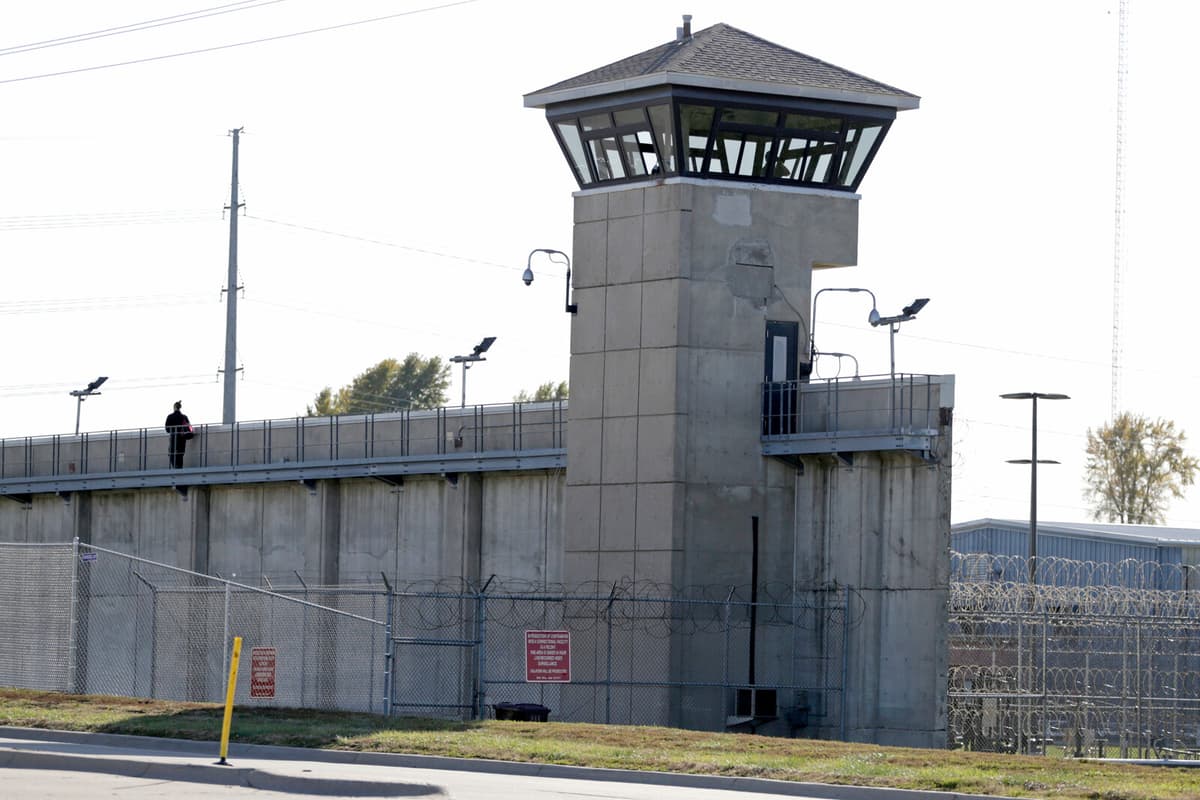The 39 pardoned prisoners have been convicted of crimes that are not violent, including drug offenses, and are considered to have demonstrated a "successful rehabilitation and strong will to make their communities safer".
The nearly 1,500 criminals who receive sentence reduction are those who have previously been allowed to serve their sentences in house arrest instead of in prison. During the COVID-19 pandemic, many prisoners deemed suitable for this were moved to their homes to continue serving their sentences, as the infection spread rapidly in the country's prisons. Those affected have served their sentences at home for at least a year.
"The USA has been built on promises of opportunities and second chances," announces Joe Biden, who promises further pardons during his remaining time in the White House.
The President pardoned his own son Hunter Biden, who was convicted of, among other things, weapons offenses, despite earlier promises not to do so. This has sparked widespread criticism, not only from the opposition, and led to sharp calls for more convicted Americans to be granted clemency.
A President in the USA can pardon a convicted person, thereby revoking both the original sentence and the penalty. They can also convert the sentence and shorten it entirely or partially, without addressing the issue of guilt.






